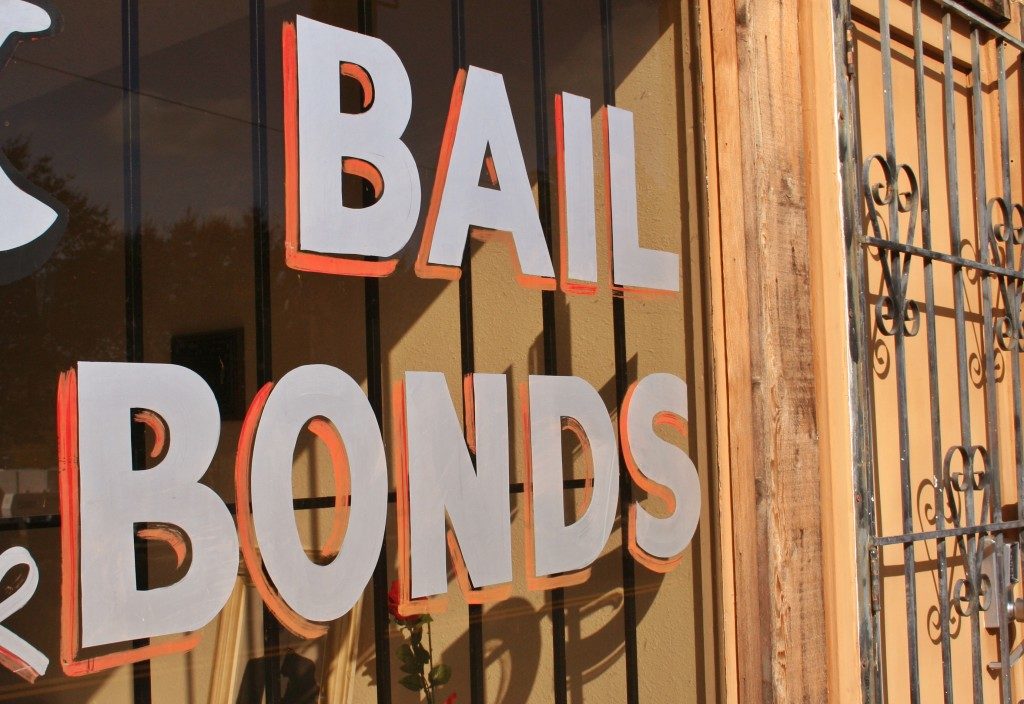In the event of a person’s demise, their assets would be distributed to heirs and beneficiaries. The legal process involved may vary from court to court, but the overall flow is the same.
It can become a complex and time-consuming endeavor, particularly for those who have large assets and significant property holdings.
The probate process
A Denver-based probate lawyer can help your family through the process, avoiding argument and unreasonable fees. The legal process involved involves an application for a grant and document that may then be used to manage the estate of the deceased.
The executor of the will files the necessary documents in court in the event of your passing. If you fail to leave a last will and testament, a judge will appoint a person to do the same. The main objective of this stage is to prove the will is valid.
The court hears a presentation of assets and liabilities and makes the official pronouncements to the parties involved. Identification, inventory, and appraisal may be necessary for some estates. For some, the process takes a few months, but for others, it makes take a year or more.
During the proceedings and depending on the available amount of liquidated cash, the court may have to release short-term funds to facilitate the conversion of certain assets to money that can be used to pay debts and relevant fees.
Avoiding a legal maze
Some families opt to avoid probate to avoid legal complications and possibly extravagant legal fees. To facilitate the bypass of the system, certain measures must be in place. For instance, while the head of the family still lives, they can make the heirs they favor as co-owners of assets and bank accounts.
As co-owner, the person that is named will have full access to the assets in the event of the owner’s passing. Another means of avoiding probate is to set up a revocable trust, which allows the heirs to receive the assets disbursed to them without going through a legal process.
You can ask a lawyer about strategies, but remember probate may still be necessary in case the deceased has named a minor as their heir.
In the absence of a will

A will typically facilitate the distribution of the property of a deceased person. In the absence of such a document, the probate court can assist the potential heirs in distributing the property. The decision of the probate court is final.
In the case of someone dying intestate, assets distribution can be guided by intestate succession laws, which may differ from state to state. In the absence of a will and when there are no blood relatives making claims, the entire estate of a deceased person becomes a property of the state.
Conflicting claims may arise when it is time to distribute the assets left behind by a deceased individual. Litigating dispute can give rise to family feuds that last a generation. While potential complex and costly, the probate process also facilitates fair distribution and closure to disputes.



